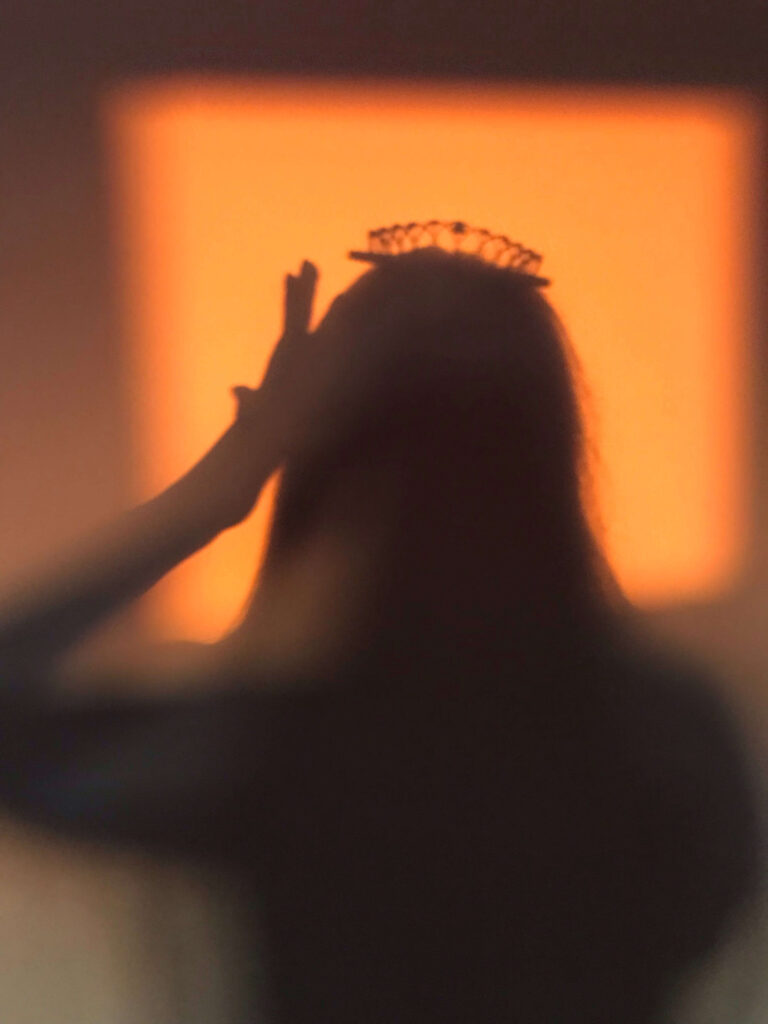Netflix’s The Crown: A Thoughtful Conclusion to a Controversial Series
As criticisms of Netflix’s The Crown have grown and its status as one of TV’s most acclaimed dramas has eroded, it is fitting that the series is ending now. The final batch of episodes, released last month, feel like a slow-moving, if thoughtful, conclusion after all the controversy and emotion surrounding Princess Diana’s death. These episodes depict Prince William wooing Kate Middleton, Prince Charles navigating for his mother’s permission to marry Camilla Parker Bowles, and Queen Elizabeth debating whether she should step aside and allow Charles to become king before her death.
Exploring Queen Elizabeth’s Decision
History tells us how Queen Elizabeth’s decision turned out. The Crown shows her scratching out lines in her speech prepared for Charles’ wedding reception in 2005, eliminating the sentences that would have announced her retirement. The final episode lingers on the Queen’s meditation about her own duty, the longevity of her rule, and whether continuing on would be best for the monarchy and Britain itself.
Themes Explored in The Crown
The Crown has always been an extended love letter to Queen Elizabeth, while wrestling with the implications of her reign. Throughout the series, we’ve seen her challenged in various ways, from channeling the nation’s grief after a disaster in Aberfan to handling Prince Philip’s frustrations and facing the impact of her emotional distance on her children. Creator Peter Morgan asks potent questions about the role of a monarchy in a modern democracy, the binding nature of duty and tradition, and the balance between leading a nation and being a good wife, mother, and grandmother.
A Stellar Cast and Production Values
The show’s strategy of casting different performers to play the royal family in different decades has been successful. Each trio of actors brings a different chemistry while maintaining continuity with those who came before. Performers like Elizabeth Debicki as Diana and Dominic West as Prince Charles bring both resemblance and acting prowess to their roles. The lush production values and supporting performances from talented names add to the show’s quality.
Humanizing the Royal Family
While critics argue that The Crown serves as an advertisement for the royal family, the show humanizes its characters by revealing the inner workings of a family that has worked hard to keep them private. By doing so, it evokes sympathy even when the characters act awfully. However, it is important to remember that the show is a fictional dramatization, and some scenes are speculative.
Unsettled Questions and Criticism
The final six episodes of The Crown strain under the weight of the show’s legacy, with heavy-handed foreshadowing of future events. In the end, the series does not fully answer the questions it raises, particularly whether a hereditary monarchy makes sense for the United Kingdom. This may be the most stinging criticism of the show, as important questions are left unsettled.

